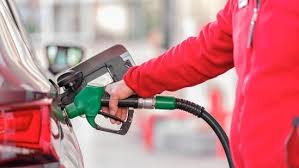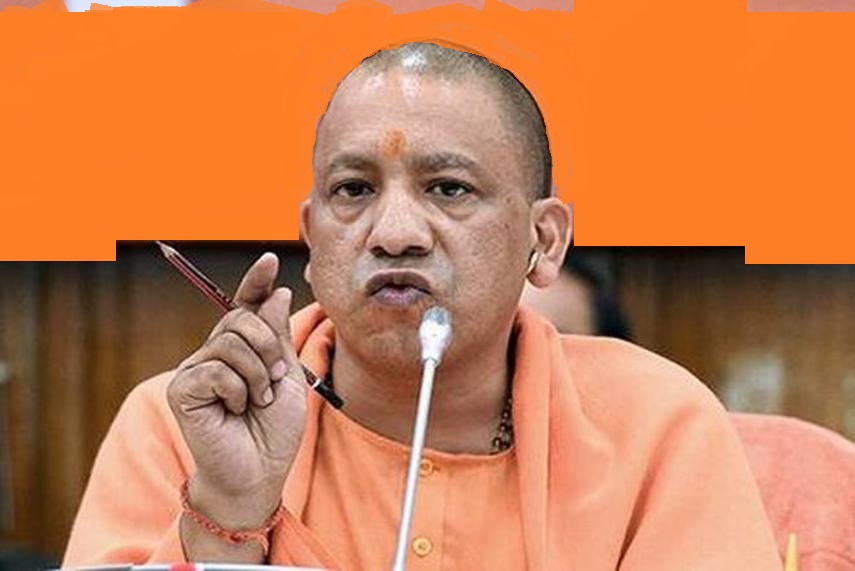Ethanol Blending Cuts Emissions and Saves Costs
India’s ethanol blending program has significantly reduced carbon dioxide emissions and helped save foreign exchange reserves. Since 2014, the country has cut 69.8 million tonnes of CO₂ and saved ₹1.36 trillion ($1.5 billion) by blending ethanol with petrol.
Last month, India achieved its goal of 20% ethanol blending (E20) five years ahead of schedule, marking a major step toward reducing oil imports and lowering carbon emissions.
Vehicle Owners Raise Efficiency Concerns
Despite the environmental benefits, many vehicle owners worry about the impact on mileage. Ethanol has a lower energy density than petrol and is more corrosive, which can cause wear on fuel lines, seals, and gaskets.
Experts note that while modern vehicles may be E20-compatible, older vehicles on Indian roads are often not suited for higher ethanol blends, potentially affecting fuel efficiency.
To address this, manufacturers like Maruti Suzuki and Bajaj offer E20 material kits and fuel cleaners to protect vehicle components and maintain mileage.
Insurance and Compliance Challenges
Some insurance policies may not cover damages from non-compliant fuel, making vehicle owners hesitant to switch. The Petroleum Ministry emphasizes that engine tuning and regular maintenance can minimize these risks, and replacement of certain parts is cost-effective.
Food Security and Crop Diversion Concerns
A major concern is the impact on agriculture. Ethanol is largely produced from sugarcane and maize, and expanding biofuel use could divert crops away from food production.
-
In 2025, India requires 10 billion litres of ethanol for E20 fuel.
-
By 2050, demand could reach 20 billion litres.
The shift to biofuels has already led India to import maize and allocate rice from FCI stocks for ethanol production, raising concerns about food security for millions of citizens.
Experts warn that over-reliance on food crops for fuel could lead to agriculture and food supply challenges unless sustainable alternatives or yield improvements are adopted.
Future Plans: Moving Beyond E20
India plans to gradually move toward E25, E27, and E30 ethanol blends, aiming to increase sustainability while balancing energy needs, vehicle safety, and food security.
Petroleum Minister Hardeep Singh Puri confirmed that the transition will be phased and calibrated to mitigate risks for consumers and farmers alike.























